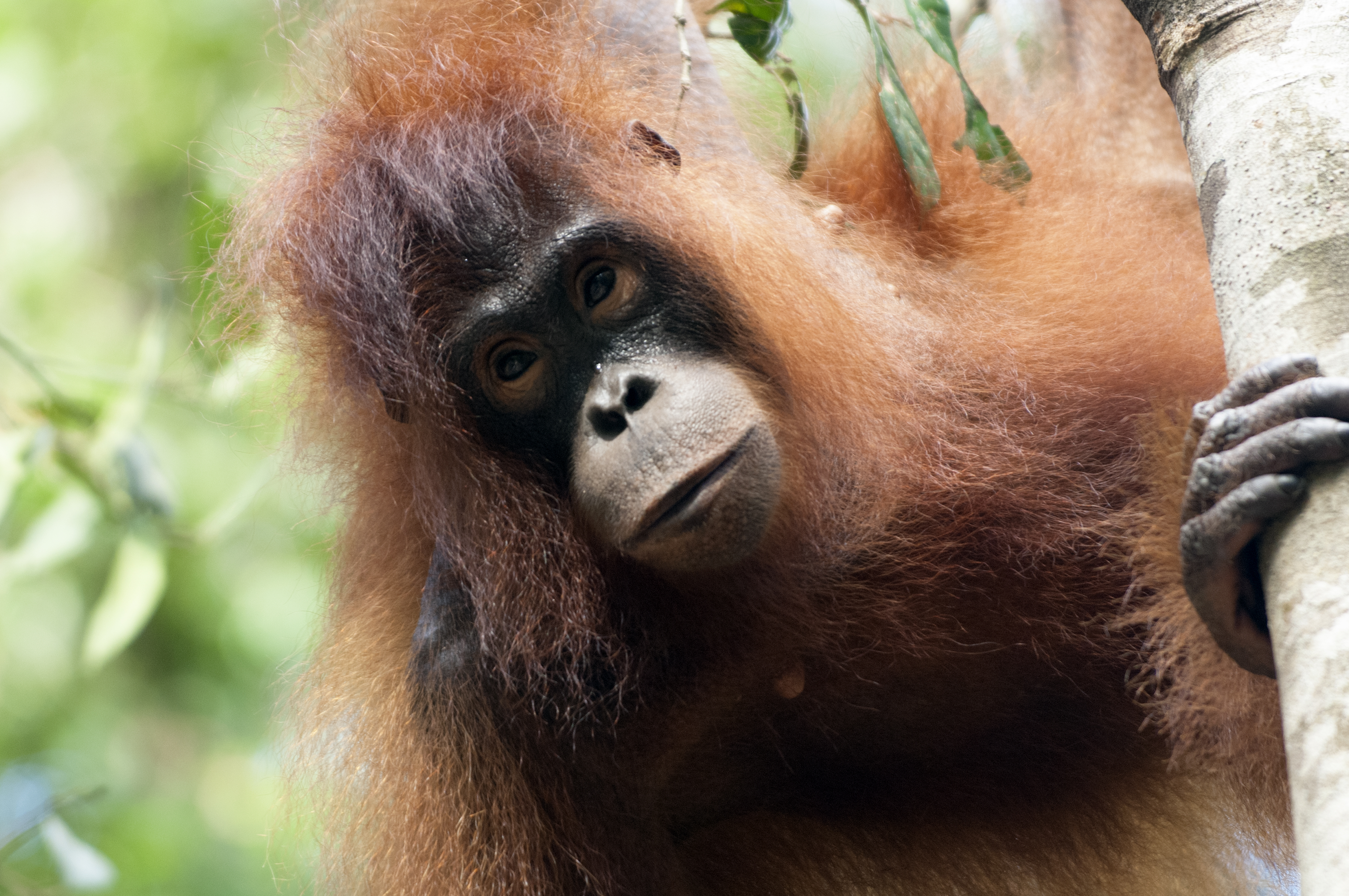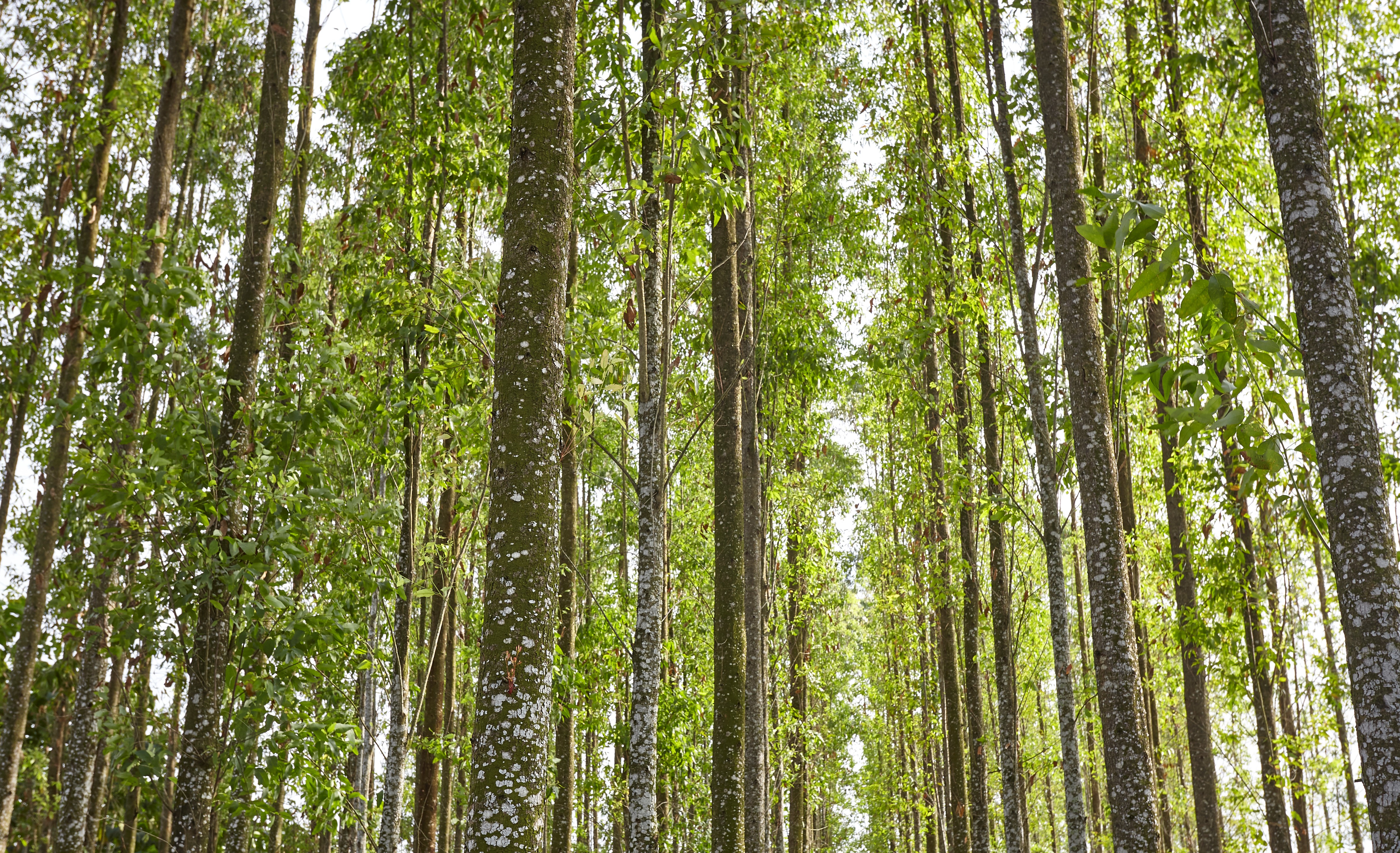
Asia Pulp & Paper (APP) Sinar Mas is committed to biodiversity protection and conservation through our Sustainability Roadmap Vision 2030 (SRV2030), which was implemented in alignment with the United Nations Sustainable Development Goals (SDGs).
Under SRV2030’s Conservation & Biodiversity pillar, we are specifically acting to meet the SDGs of 12 (Responsible Consumption and Production), 13 (Climate Action), and 15 (Life On Land). With a focus on protecting wildlife, restoring forests and conserving High Conservation Value (HCV) and High Carbon Stock (HCS) areas, we implemented various strategies within SRV2030 to meet these SDGs.
For wildlife protection, we are committed to supporting the Government of Indonesia’s conservation commitments to Indonesia’s key animal species and their habitats. We aim to protect three priority animal species - the Sumatran tiger, the Sumatran elephant and the Bornean orangutan - and ten rare tree species.
To protect the animals, we focus on minimizing human-wildlife conflict by monitoring the number of animals roaming in our suppliers’ concession areas and maintaining wildlife distribution maps. We built feeding pockets and salt licks to prevent Sumatran elephants from straying into settlement areas and conduct snare sweeping operations to clean up snares that pose risks for key species. We also relocate animals in conflict areas with the collaboration with the local Natural Resources Conservation office and other organizations.

As for the protection of the rare tree species, we collaborate with local communities to establish local tree species nurseries through community empowerment programmes, and work with the Ministry of Environment and Forestry’s R&D team to conserve Ramin trees and Shorea trees.
As of 2020, we have been able to continue our wildlife protection efforts on 71 Sumatran tigers, 278 Sumatran elephants, 92 orangutans. For tree species protection, we have repopulated five tree species in conservation areas and ensured good quality seedlings through certified Kulim and Ramin seed stands.
A vital way to fight climate change is to restore our forests and conserve HCV and HCS areas. Hence, we implemented strategies such as using a landscape approach to protect and restore degraded natural forest in our and our suppliers’ concession areas and implementing HCV/HCS assessments and peatland best management practices.
In 2020, we maintained 79% of natural forest in good condition with a total restoration area of 24,401 hectares. Additionally, we collaborated with a leading international research university to determine effective and efficient peat restoration strategies. We achieved significant restoration through natural regeneration and launched a forest cover change dashboard to make data publicly available.
APP will continue to stay committed to our initiatives to protect wildlife through a peaceful coexistence with humans, and to conserving HCV and HCS areas as well as protecting forests.
(END)
